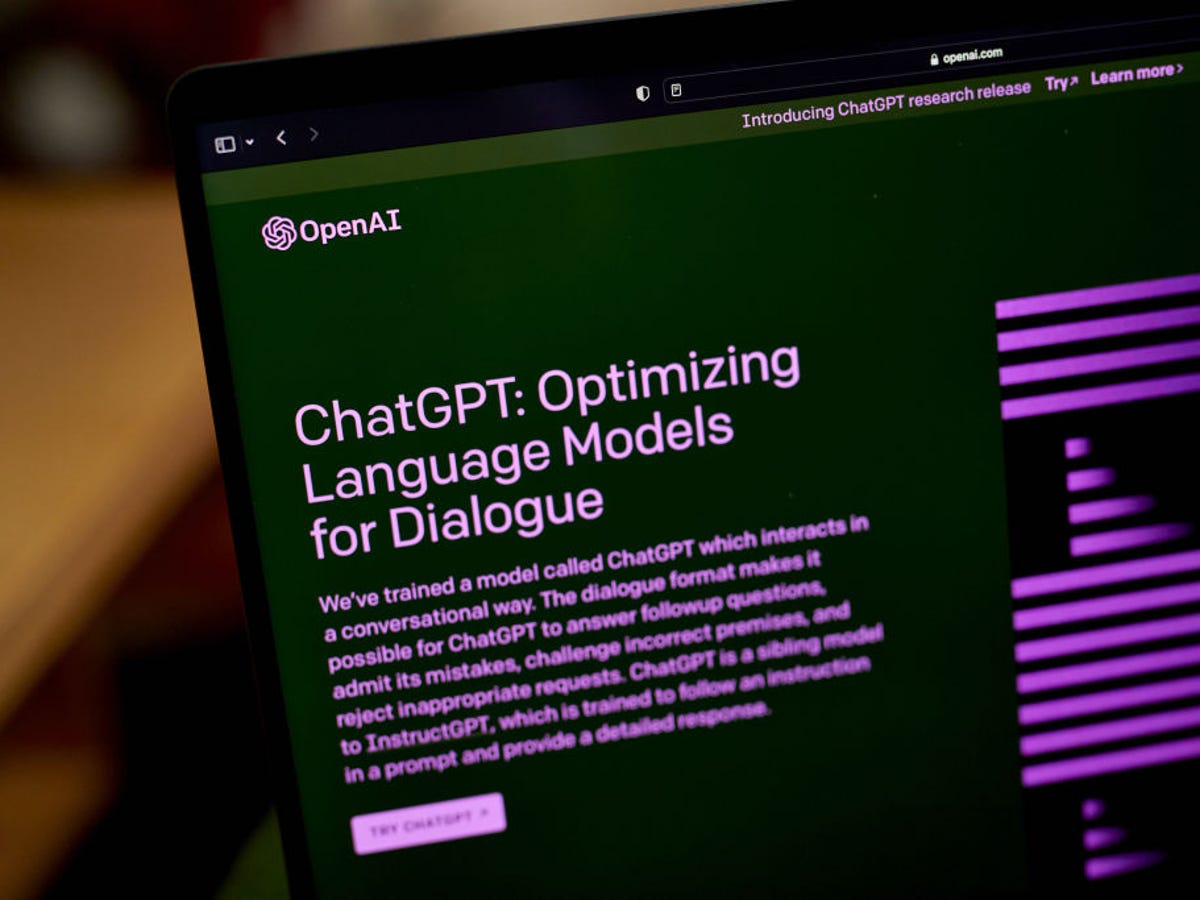Chinese marketing agency to replace third-party copywriters and designers with ChatGPT-like technology
Apr 13, 2023

Major Chinese marketing agency BlueFocus said it will “indefinitely” end hiring of third-party human copywriters and designers, and instead embrace ChatGPT-like artificial intelligence (AI) tools, adding to concerns about the impact of the technology on jobs.
The Beijing-based company said it would immediately cut certain outsourcing expenses, including creative design, copywriting and short-term contractors “to fully embrace generative AI”, according to an internal email verified by an employee.
BlueFocus did not immediately respond to a request for comment.
The company, which ranked 11th among global public relations agencies in 2022 and first among its Chinese peers by PRovoke Media, has been betting big on AI since securing Microsoft as a client this year. Microsoft is a major investor in ChatGPT developer OpenAI.
BlueFocus said earlier this week that it has access to ChatGPT through Microsoft’s cloud service and is exploring how New Bing, which integrates with the chatbot, can bring “new possibilities for outbound advertisers,” according to its conversations with traders on the Q&A channel of the Shenzhen Stock Exchange where the firm is listed.
In addition, BlueFocus said it has engaged with Chinese ChatGPT alternatives, including Baidu’s Ernie Bot, which will be used in virtual character building and other digital marketing work. The company has also applied for access to Alibaba Group Holding’s Tongyi Qianwen AI chatbot, unveiled on Tuesday, according to its messages on the Q&A channel. Alibaba owns the South China Morning Post.
ChatGPT’s launch last November not only stunned the world with its revolutionary technology, but also generated concerns over job security. In a study published last month, OpenAI found that roughly 80 per cent of the US workforce could have at least 10 per cent of their work affected by generative AI.
Goldman Sachs economists predicted last month that ChatGPT-like technology could replace up to one-fourth of current work, especially in office administration and legal services.
Major economies have been mulling regulation of generative AI, given its potential impact on social and ethical issues. On Tuesday, the US commerce department began inviting public comments on how policymakers should approach increasingly sophisticated AI tools, while the European Union is debating the Artificial Intelligence Act, first proposed in 2021 to govern the use of AI products according to their risk levels.
Earlier this month, Italy became the first country to ban ChatGPT over privacy concerns but on Wednesday its data protection agency published a list of requirements for ChatGPT to meet in order to be restored.
On Tuesday, China’s internet watchdog drafted rules to rein in the rapid development of generative AI, asking developers to pass a security assessment before releasing products to the public.
Source: scmp
